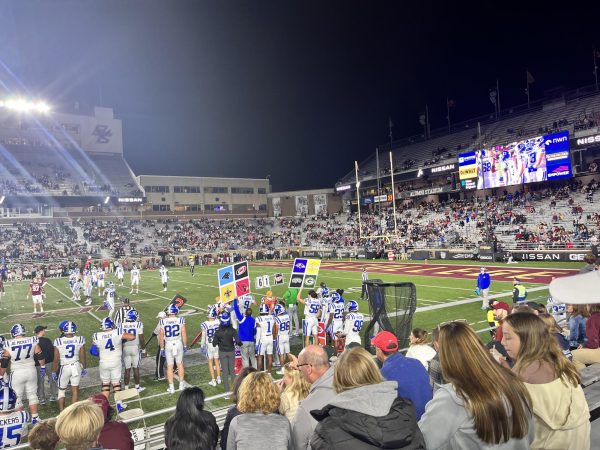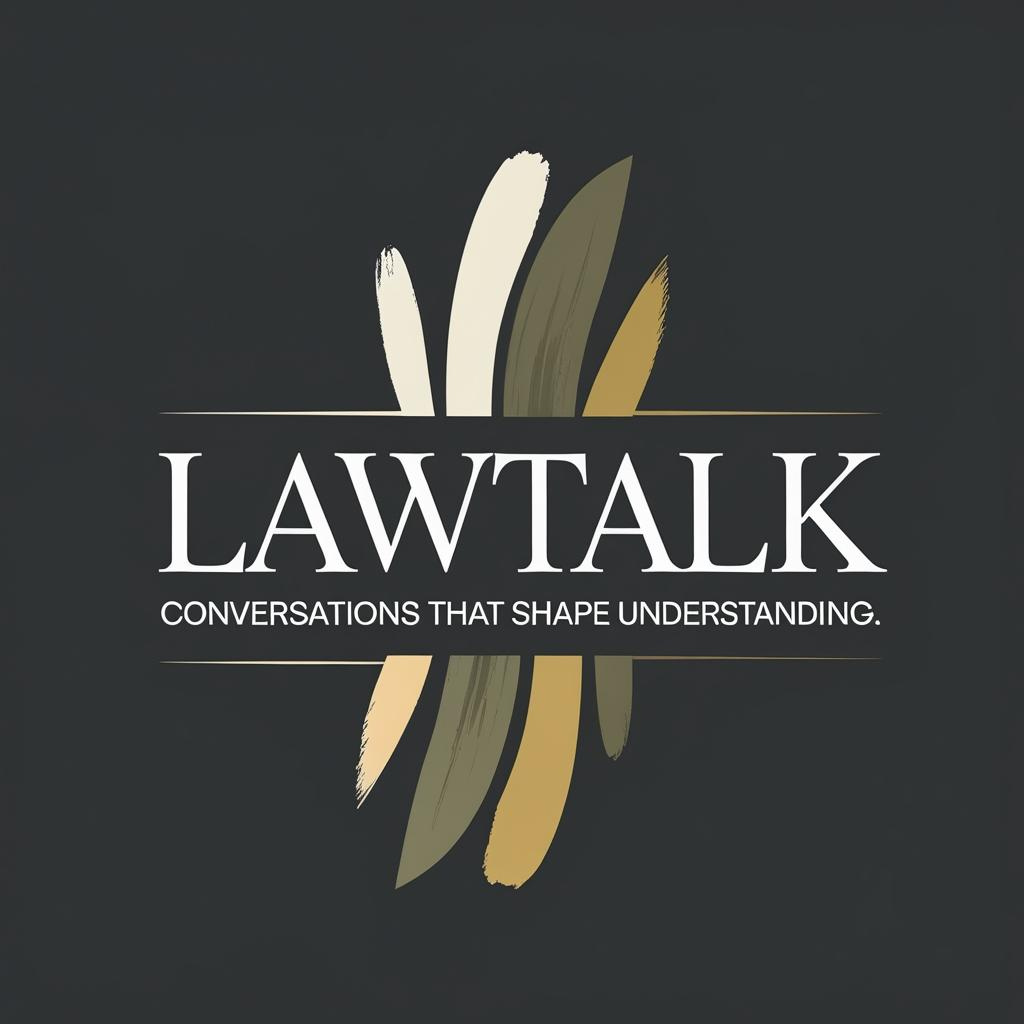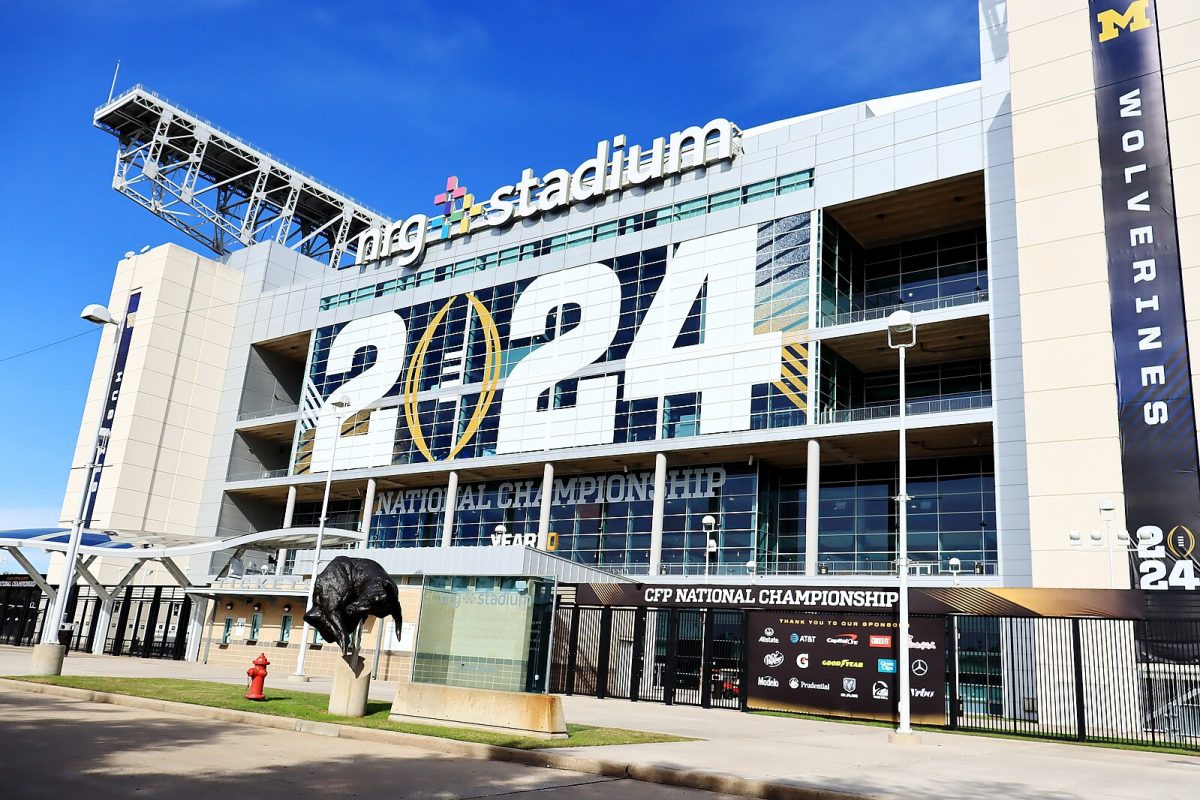In the fall, Michigan fans were accustomed to seeing their football team steamroll the competition week after week, yet beneath the surface a sign-stealing controversy was brewing.
This scandal stunned the college football world, especially after Michigan was voted the number one seed by the College Football Playoff committee on December 3.
The official allegations focused on Connor Stalions, a Wolverines off-field analyst and retired U.S. Marine Corps captain. Stalions was suspended with pay by the school after the conclusion of the case.
Stalions was part of an elaborate attempt by Michigan to steal signals from future opponents going back at least three seasons. Stalions was reported by more than ten Big Ten schools to have purchased tickets under his own name.
In some cases, Stalions forwarded the tickets he bought to various people in different parts of the country. In one instance, an unnamed former Division III player and assistant coach said that Stalions paid him “a couple hundred dollars” and gave him a ticket to a Michigan home game to film future Wolverines opponents.
Even though there are no official rules banning teams from deciphering each other’s play calls and signals, teams have kept their eyes on the sidelines looking for ways to decipher opponent play calls.
Unlike the NFL, the NCAA does not yet allow coach-to-player audio technology. It is common to see quarterbacks covering their ears if their stadium is deafening. Instead, several teams have posters with different symbols representing the various plays.

Head Football Coach Jim Harbaugh claimed not to know anything about the scandal and that his players were innocent of what was
happening within the program even though the entire controversy was centered around Michigan and specifically his team.
However, accusations say that Harbaugh may be the ringleader. Harbaugh was spotted at a diner in the university’s hometown of Ann Arbor, Michigan with several players who were known to have committed to play at Michigan.
Big Ten Commissioner Tony Petitti’s decision to ban Harbaugh from the sidelines for the team’s final three regular-season games surprised both fans and opponents
Harbaugh was not expected to be suspended a second time, following his suspension for the first three games of the season due to offseason recruiting violations.
Michigan argues that the commissioner does not have the authority to punish Harbaugh, especially when the NCAA investigation is not complete. Yet, the NCAA has the authority to punish Harbaugh because by coaching the team he works for the NCAA.
Additionally, Michigan claims that other Big Ten schools have stolen signs and violated sportsmanship policies. While this may be true, Michigan is trying to deflect the accusations.
Michigan is not the only sports team to get caught cheating in recent years. The most famous incident in recent years was the MLB’s Houston Astros scandal in 2017.
Along with the Astros, the New England Patriots have been engaged in multiple scandals starting with what is known as Spygate where a Patriots video official was caught filming the defensive signals of the New York Jets in September 2007 which is similar to what Michigan was caught doing.
The more well-known Patriots scandal is known as Deflategate, which came to fruition before the 2015 AFC Championship game when former Indianapolis Colts general manager Ryan Grigson alerted the NFL to the possibility the Patriots were deflating footballs in an attempt to get a competitive advantage.
These claims gained steam when the Patriots proceeded to destroy the Colts 45-7 at Gillette Stadium.
Nonetheless, the Wolverines finished the regular season with a perfect 12-0 record and captured the championship on Monday night with a 34-13 victory over Washington.
























































